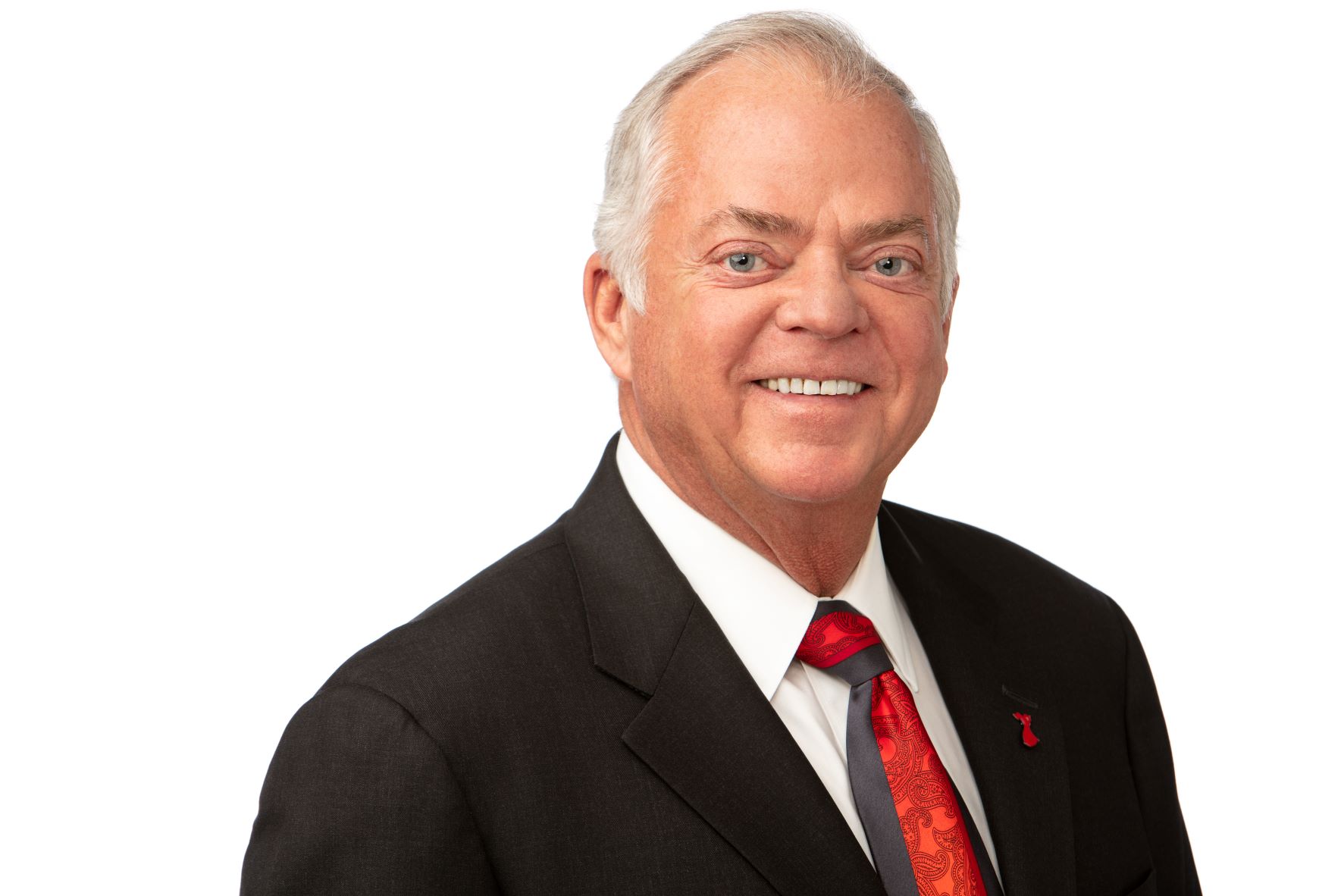Dr. Bale: A Pioneer in Cardiovascular Care and Research
On crisp fall or spring mornings, Bradley Bale, MD ’74, wakes up early enough for his daily five-mile run so he can witness one of his favorite scenes in nature. When there’s a certain amount of moisture in the ground, and the temperature is just right, water comes up through the weeds, weaves into the branches and freezes. It’s called a “frost flower.”
This moment of tranquility motivates Dr. Bale to get out and exercise at 73 years old. And he knows that that’s important because as a cardiovascular specialist, he needs to embody his advice to earn the trust of his patients.
Dr. Bale’s hard work, his love for his field, and his passion for treating patients has led him to become one of the country’s leading experts in preventing heart attacks, strokes, and diabetes. He has been a pioneer in cardiovascular care and research through co-discovering the BaleDoneen Method, a heart attack and stroke risk assessment and management system, with his partner Amy Doneen, MSN, ARNP. Dr. Bale said their method is a proven cure for arterial disease.
Dr. Bale and Doneen outline their method in their successful book, “Beat the Heart Attack Gene: The Revolutionary Plan to Prevent Heart Disease, Stroke, and Diabetes.” The book, published in 2014, encourages readers to take control of their heart health by informing them of key risk factors.
The health care duo has written another book set to publish this spring, “Healthy Heart, Healthy Brain,” which will inform readers how the BaleDoneen Method can not only lead to improved cardiovascular health, but holistic health. The book will offer a “roadmap” to arterial wellness that benefits the heart, brain, and other vital organs.
A graduate of the University of Kentucky College of Medicine, Dr. Bale spent 20 years practicing family medicine before turning to cardiovascular care. He wasn’t satisfied with the current standard of care for patients suffering heart attacks, so he made that his specialty and began “grabbing as much research” as possible.
While he has made a great clinical impact, he credits researchers for gathering the data he needs to care for his patients. “Everything we do is based on published peer-reviewed science,” Dr. Bale said. “In our opinion, the real heroes are all of the scientists who have done the research to provide information we utilize to establish the wellness of the arteries and maintain it.”
Dr. Bale still treats patients at his private practice in Gallatin, Tenn., while serving as clinical associate professor at Washington State University College of Medicine, assistant professor at the UK College of Dentistry, and adjunct professor at the Texas Tech University Health Science Center.
Just as the little things in nature, like frost flowers, keep Dr. Bale motivated to fulfill his daily exercise, he says it’s the little things in his career – the happiness from a patient he treated, or a student he trained – that have made it so fulfilling.
“You have to work to retire,” he said. “I don’t work. This is too much fun.”
Dr. Bale’s new book can be pre-ordered here.
